#cultural sciences
Explore tagged Tumblr posts
Text

I am extremely pleased to inform you that I have been accepted as a PhD student at the Doctoral School of the University of Silesia in Katowice, as part of the international program "Life with Intelligent Machines. Robot Cultures in Hybrid Societies" (cultural sciences).
My research topic is "DJ as a Machine. Algorave Culture and the New Perspectives on Making Electronic Music (cultural studies approach)".
#phd student#Doctoral School#olga rembielińska#University of Silesia#katowice#international program#Intelligent Machines#Robot Cultures#Hybrid Societies#cultural sciences#dj#Algorave#Algorave Culture#electronic music#cultural studies#rave
8 notes
·
View notes
Text

Fall in New England 🍁
27K notes
·
View notes
Text
HETEROSEXUAL CIS-PEOPLE LOOK HERE
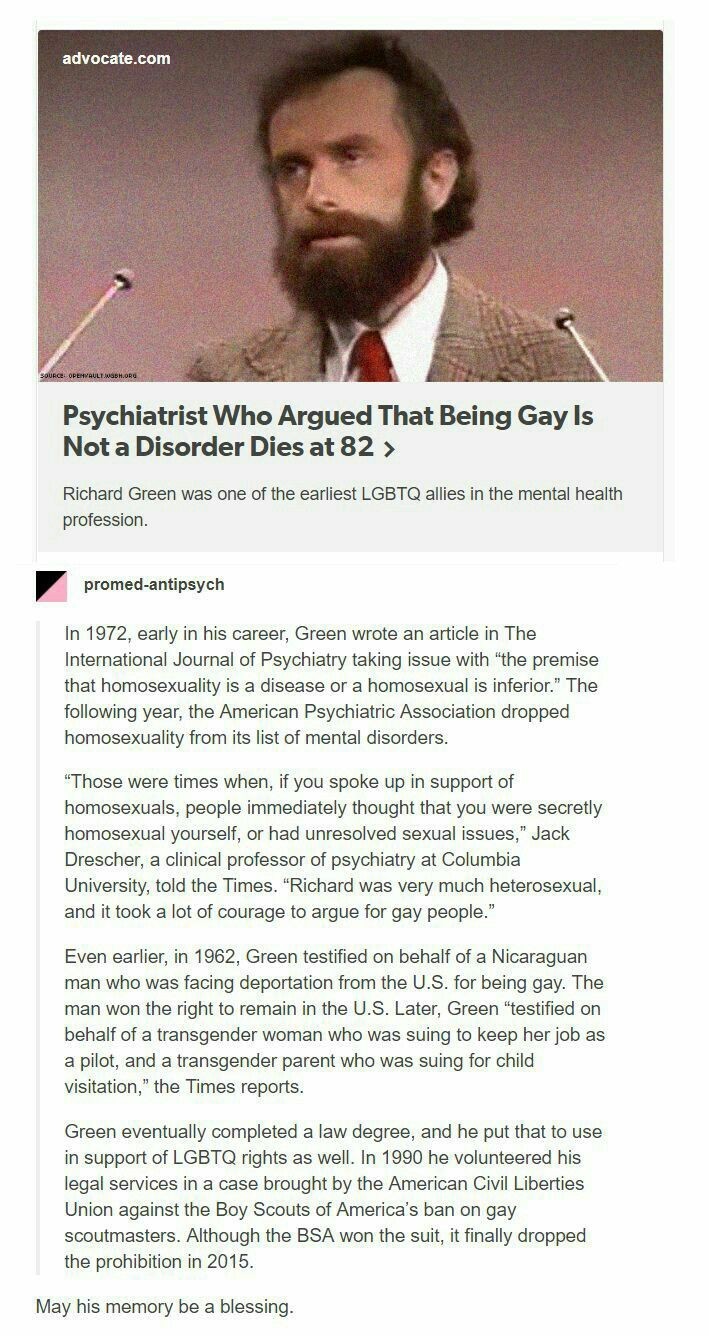
Snaps my fingers at you as you scroll past this post
Look at me. Listen.
I'm not the best at serious posts, but that article up there reminded me of how important it is that people like you stand up for us. So hold on while I try to get this out of my mushy end-of-work-day brain.
We could fight this fight ourselves for decades trying to reach the equal laws, gender affirming trans healthcare that doesn't have a 2-5+ soul-eating years of waiting time, medical care with equal knowledge of lgbtqia+ bodies, and, what is often forgotten, inclusion in the little everyday areas of life like our way of speaking or things being set up or designed with the existence of queer people in mind.
But you joining in could get us there so much faster.
The power you have as a hetero cis person is that you set the standard for what is seen as the average way of treating us among other hetero cis people. You have been given the power of deciding what's "normal" and I'm begging you to use it.
Richard Green is a great example of to what extent your actions can help our situation, and smaller ways of support still add up to a great impact on society, and could make the days of the queer people you interact with.
Educate yourself before you speak up, but don't be silent.
#lgbtqia+#lgbtq#lgbtqia#lgbtq+#lgbtqia+ rights#lgbtq+ rights#lgbtq rights#interesting#article#psychology#mental health#psychologist#reading#culture#cooking#drawing#music#nature#science#baking#pets#inspirational#gaming#photography#fashion#writing
14K notes
·
View notes
Text
Did you know that you can help a Palestinian family with one click🇵🇸!?
Share now ❤️1 . 1 . 2025 ❤️donation
✊Free Free Palestine✊




Did you know that you can save my family in Gaza from famine and genocide with just one click? Yes, even a small donation of $5 can make an enormous difference. 💖
As we approach New Year’s Eve, a time of celebration and hope for many, my family in Gaza and countless others are facing the harshest of struggles—lives torn apart, homes destroyed, and hunger threatening to take away more than we can bear. 😞 This night, while others gather around their loved ones, we are clinging to the hope that the world will see our pain and act with compassion. 🙏

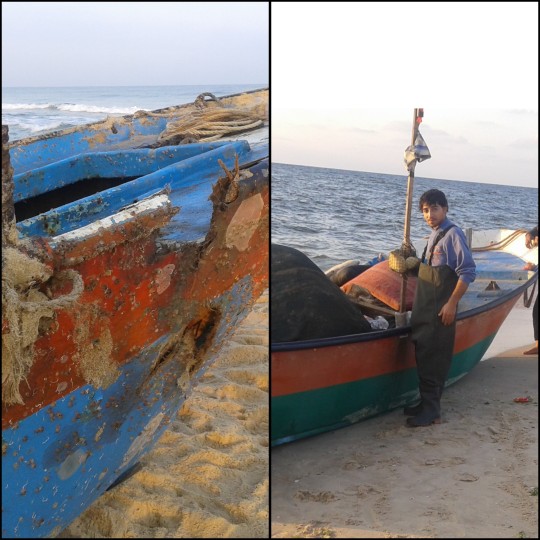




Here’s how small acts of kindness can have a massive impact: If just 1,000 people donate $5 For my family, we can raise $5,000 in a single day. That’s enough to provide food, medicine, and essential To my family who have nothing left . 🍞💊 It may seem like a small amount, but for us, it’s life-saving. Your $5 could feed a child, provide medicine for an elderly person, and offer hope to a family struggling to survive another night. 🌟
This New Year’s Eve, while the world counts down to midnight, we’re counting on you. Let’s make this night one of compassion and solidarity, where kindness breaks through the darkness. ✨ One click from you could mean a world of difference for families like mine. Please, click now to donate. Your generosity isn’t just a gift—it’s a lifeline. 💕
My campaign is vetted by
@90-ghost here
@gaza-evacuation-funds here
Donate through the campaign
Or through PayPal
Palestine is free from the river to the sea ✊🇵🇸
#palestine#free gaza#from the river to the sea palestine will be free#birds#mental health#happy new year#ao3#taylor swift#wicked#writing#illustration#science#tv shows#culture#movies#funny#gaming#lgbtqia+#aesthetic#anime#art#my art#trans community#books & libraries#ai created art#Browse communities
1K notes
·
View notes
Text
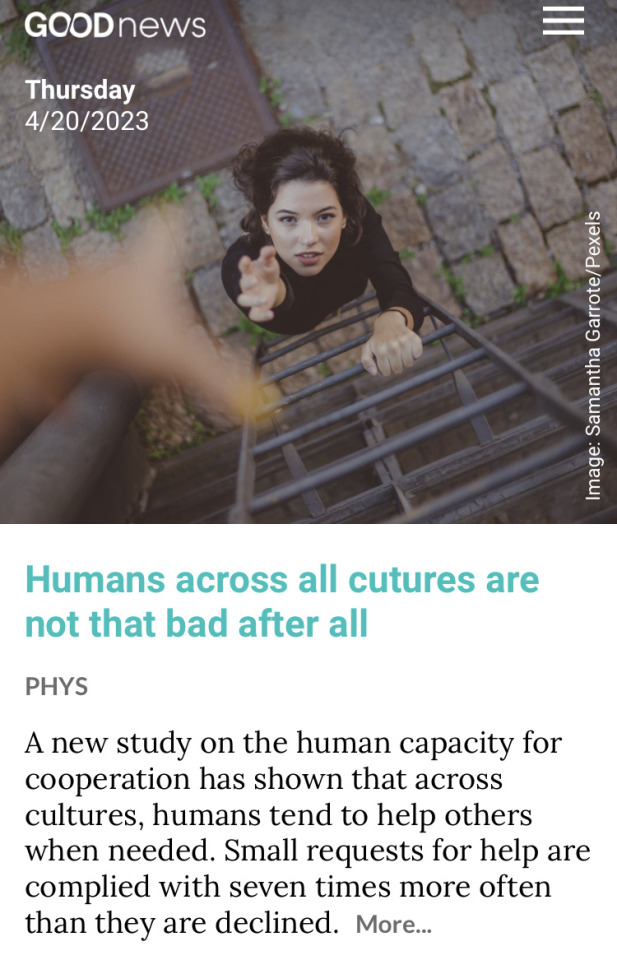
19K notes
·
View notes
Text

#snake#snakes#skeleton#skeletons#science#goth#occult#eerie#horror#eeriecore#animals#midwest#regional gothic#dark academia#aesthetic#rural#rural decay#ruralcore#rural america#americana#appalachia#witch#witches#witchcraft#witchblr#appalachian mountains#witchcore#appalachian trail#small town usa#appalachian culture
2K notes
·
View notes
Text
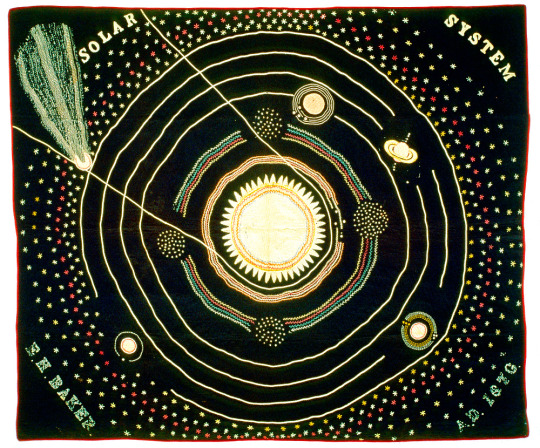
In the autumn of 1883, a paper in the nation's capital reported that "an Iowa woman has spent 7 years embroidering the solar system on a quilt" — to teach astronomy in an era when women could not attend college. Her story.
#Women's History Month#women's history#astronomy#craft#quilting#space#science#science and technology#history and literature#culture and society
5K notes
·
View notes
Text
and when i say "specimens" i don't mean taxidermied mounts made to look lifelike for exhibit, i'm talking about the thousands to millions of specimens lying in drawers and shelves like this:
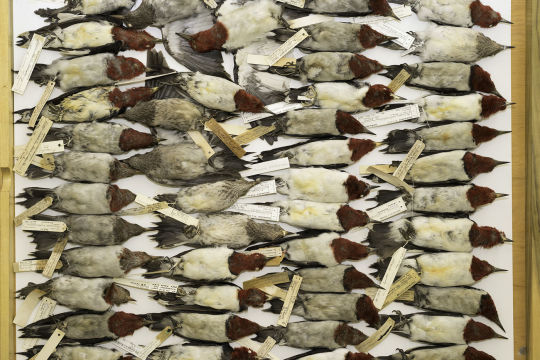

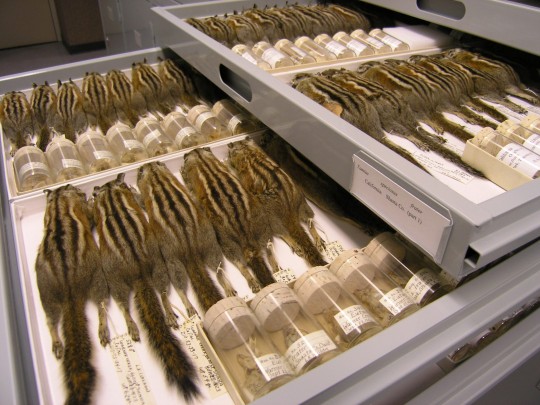
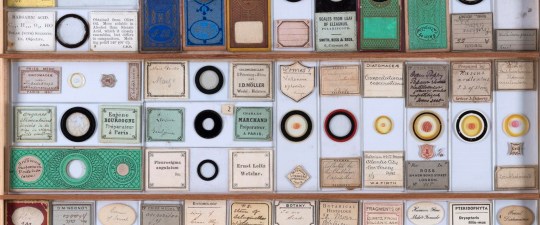
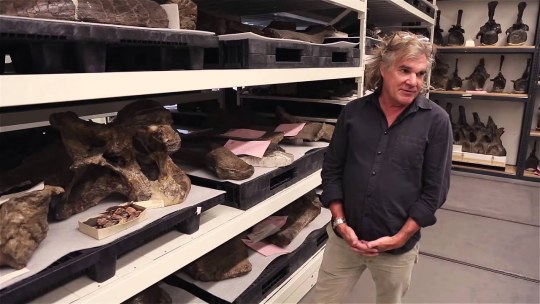
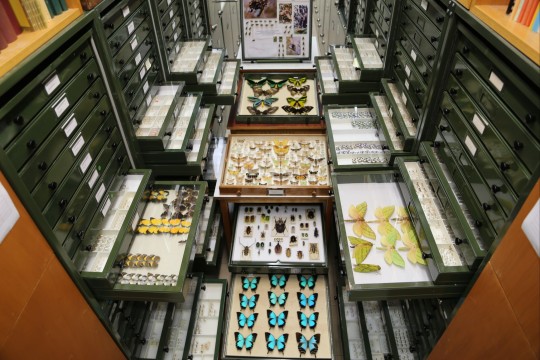
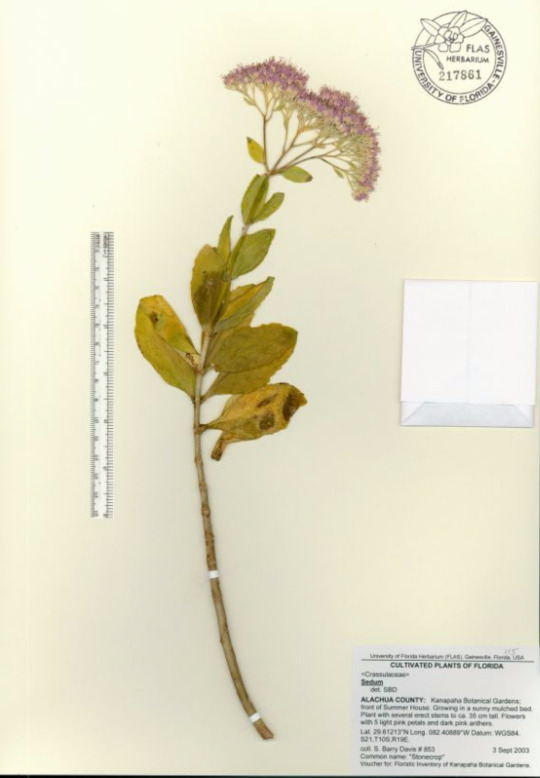


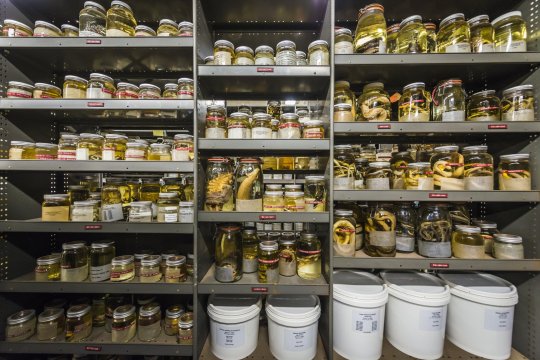
asking because i didn't know this until i was in high school. reblogs greatly appreciated, i want to reach as far out of science nerd tumblr as possible!
#science#biology#paleontology#botany#entomology#animals#birds#mammals#herpetology#microbiology#nature#museum#dark academia#vulture culture#throwing those last two in for good measure...#lab notebook
3K notes
·
View notes
Text
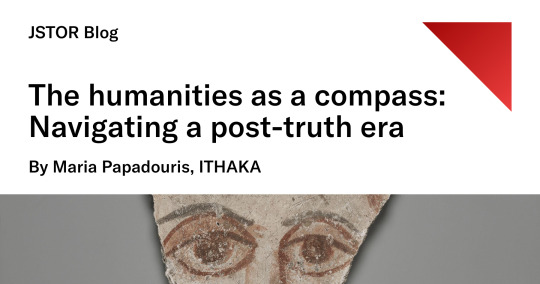
In a post-truth world, where emotional appeal sometimes drowns out factual accuracy, the humanities are our compass. They help us question the narratives we’re presented with, cultivate empathy, and dig deeper into the layers of truth behind media, politics, and culture.
By embracing literature, history, and the arts, we enhance our critical thinking and foster a connection to the human stories that shape our collective experience. 💭
Check out our latest blog post on how the humanities equip us to navigate the complexities of a world filled with conflicting truths.
#jstor#jstor blog#humanities#literature#history#the arts#social sciences#culture#politics#media#post-truth
1K notes
·
View notes
Text

Flying Saucer, Saturday Evening Post Cover, 1966. Paul Calle. Acrylic on board.
1K notes
·
View notes
Text

Save me yi nine sols
(You should play nine sols it’s very very fun)
#nine sols#a break from your regularly scheduled op stuff to bring you this doodle#catboy brainrot hours. yi is such a guy#absolutely obsessed with his design and animations ngl#I’m not very good at the game lmao.#but hey that’s what story mode is for!#honestly so in love with the aesthetic of the game in general…..#I have a lot of thoughts on how modernization of Chinese and other East Asian cultures in design usually just means westernization#this is why I just. on principle. have not watched legend of Korra yet#this game just combines science fiction aesthetic with Chinese design patterns so incredibly well
888 notes
·
View notes
Text
One of the most bizarre feelings imo is finding out about a prejudice you didn't know existed
Like. I only recently found out that there's areas IN MY OWN COUNTRY where discrimination against Italian people is a genuine problem
Like
I definitely know WHY I always assumed Racism was a prejudice more dependant on differences in skin colour but holy shit damn yeah okay so there's also ultraviolet racism too huh, we're all just drinking the shitty bitch water then
#I don't know why I'm surprised#And I fear I don't have the education yet to fully grasp this#But in my specific area colorism is the biggest visible aspect of our racist culture#So like#None of this stupid shit makes sense but now it makes EXTRA no sense#Like they ain't even scared cause you look different#But yeah dam n it does drive home that all this crap is politically driven huh#Like as much as fuckers pretending it's science to back up racist rhetoric about why a race is better or worse#It totally does prove that these biases are absolutely arbitrary with no grounds in reality#No heritage is fundamentally DIFFERENT when you get down to it#People is people#Why didn't we talk about this in social studies back in school it's a fascinating angle#It would really have driven it home to a room full of white kids too#We would have been blown away
435 notes
·
View notes
Text

Norway 🇳🇴
9K notes
·
View notes
Text
My one problem with Star Trek is that no one is ever consuming contemporary media. As in media that's contemporary for their time period. Everyone is always reading old novels and practicing classical music. They study Klingon Opera or read old Cardassian mysteries. No one is ever like really into obscure Klingon Nightcore. Nobody is reading shitty Ferengi pulp novels. There's no kids media of any kind. Where is space Sesame Street or junior novels about gaining superpowers from a warp core accident? What about comic books? Nobody is playing crappy indy holodeck games. It's always some recreation of a historical battle or just lounging in a mud pit at some alien spa. Someone give me angsty Bajoran protest music. I need some rebellious teens producing the worst most cacophonous death metal techno that they recorded in an empty cargo bay. I need contemporary pop culture in Star Trek.
6K notes
·
View notes
Text
Only motivation in life rn

#desi teen#desi academia#being desi#desi tag#desi aesthetic#desi blog#desi culture#desi tumblr#aesthetic#aes#study aesthetic#studyblr#study blog#studyspo#study motivation#science student problems#student
373 notes
·
View notes
Text

Rainbow diaphonization python
#diaphonization#diaphonized#halloween#oddities#specimen#taxidermy#vulture culture#science#biology#curiosity#colorful#gorgeous#beautiful#handmade#accessories#my art
271 notes
·
View notes